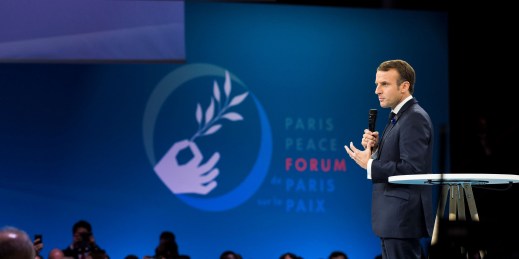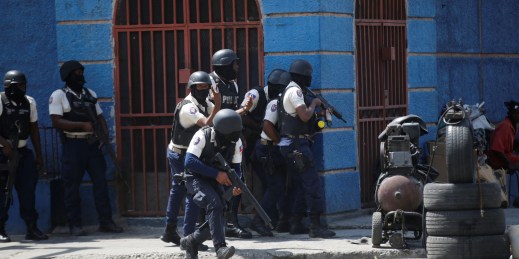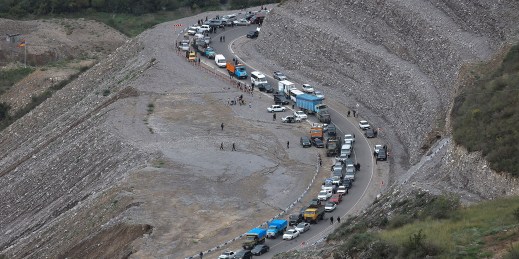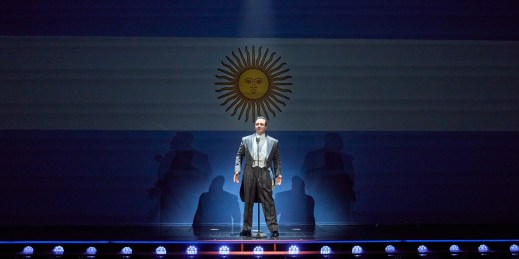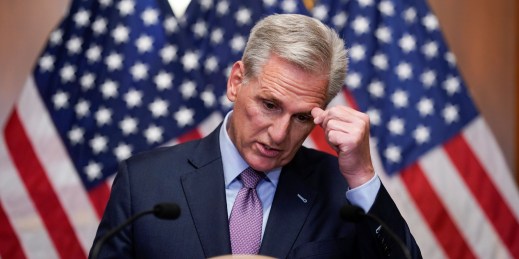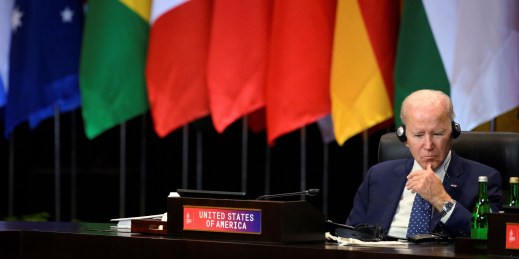
There is growing recognition in the West that multilateral institutions need to change to deal with worsening crises, as well as to respond to the legitimate demands of marginalized countries to be included in international decision-making. But there remains a lack of consensus on what a transformation of the global order entails.

